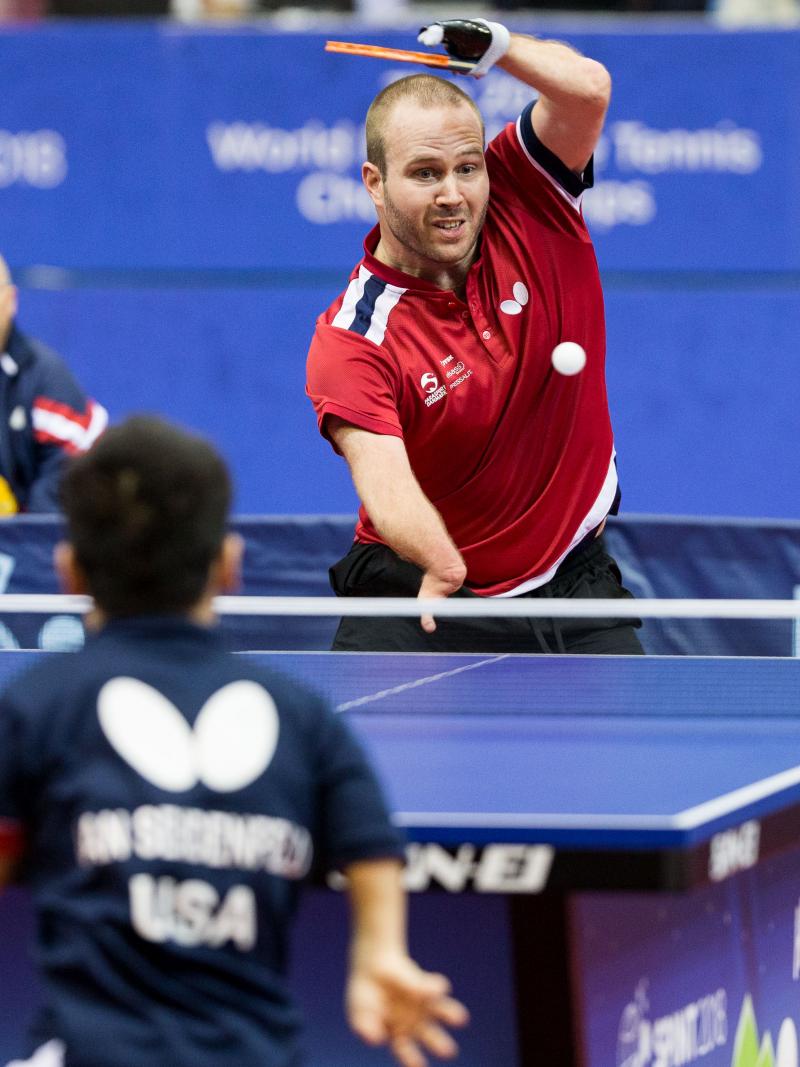Partyka seeks fifth gold medal in table tennis at Tokyo 2020
After wins at Athens 2004, Beijing 2008, London 2012 and Rio 2016, Polish believes the road to another gold won't be easy 24 Aug 2021
Polish Natalia Partika comes to the Tokyo 2020 Paralympic Games seeking her fifth consecutive singles gold in the class 9-10 event. Even after winning at Athens 2004, Beijing 2008, London 2012 and Rio 2016, she knows that the task will not be easy - especially if she has to face Australian Melissa Tapper, who seems to be her main opponent again.
At the last two editions of the Paralympic Games, the seven-time world champion defeated Tapper in singles. Partyka is one of five women with eight Paralympic table tennis medals.
‘Everyone expects me to win easily, but it's not that easy anymore because players are better and better and I'm older and older’, said the 32-year-old athlete.
Partyka and Tapper share something else in common: they both competed in the Olympic Games and the Paralympics. In total, only 15 athletes have done so.
On the men’s side, British Will Bayley is another defending champion to watch. The singles class 7 gold medallist in Rio de Janeiro comes from hurting his knee during filming for the British TV show Strictly Come Dancing in 2019 - the injury forced him to withdraw from the show.
Also, China's Zhao Shuai is among those to watch. He will be defending his title in the men's singles class 8, which he won at London 2012 and Rio 2016.
Action at the Tokyo Metropolitan Gymnasium goes from August 25th to September 3rd and there will be 31 medal events across 11 classes based on the impact of impairment on performance: wheelchair (classes 1-5), standing (classes 6-10) and intellectual impairment (class 11). In the wheelchair and standing classes, a lower number represents a greater impact of impairment.
 Facebook
Facebook
 Instagram
Instagram
 Twitter
Twitter
 Youtube
Youtube



